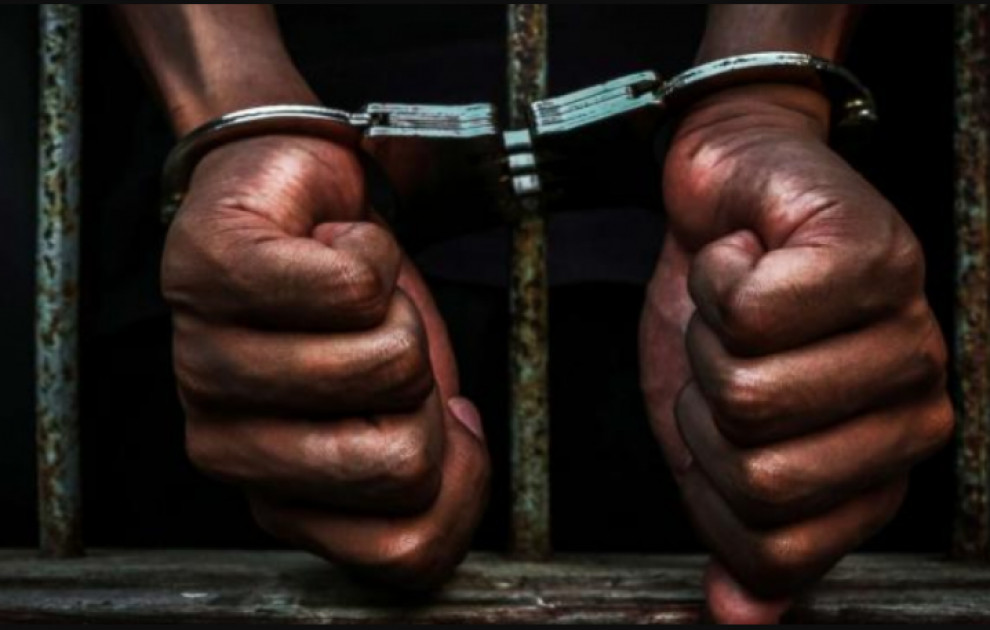- Details
- East Africa
- 224
The Directorate of Criminal Investigations (DCI) reported that Mohamed Omar Deya, alias “Babanginda,” was found in possession of three rounds of ammunition and a white powdery substance suspected to be narcotic drugs.
In a separate arrest, Hanif Iqbal Sharbaz and Wisdorn Ndoro Mwalimu, who were found in possession of forged land-related documents, among other exhibits believed to be linked to criminal activities.
Priscila Lodukae was later apprehended and a search of her residence led to the recovery of packages of suspected cannabis sativa and cash in various denominations believed to be proceeds from drug sales.
This comes amid a heightened operation to tame crime, narcotics trafficking, and substance abuse in the Coastal region. By Peace Maziga, Citizen Digital






